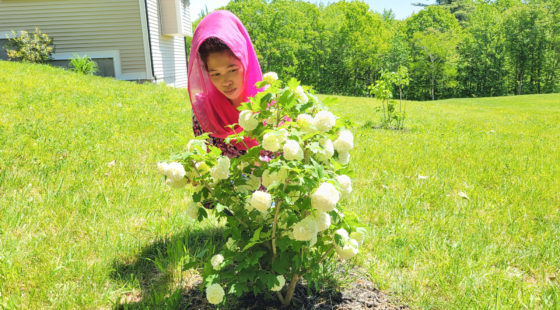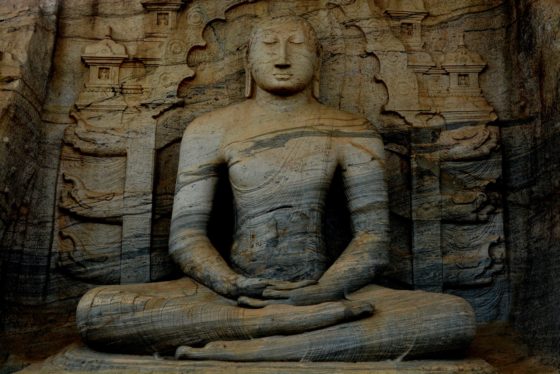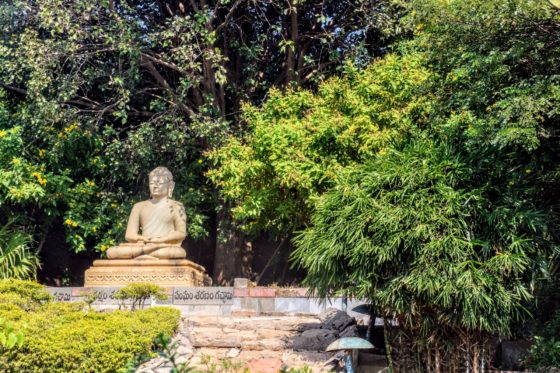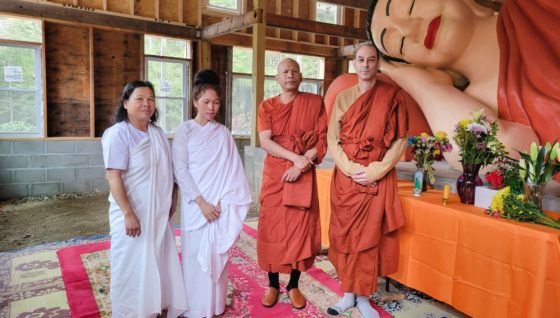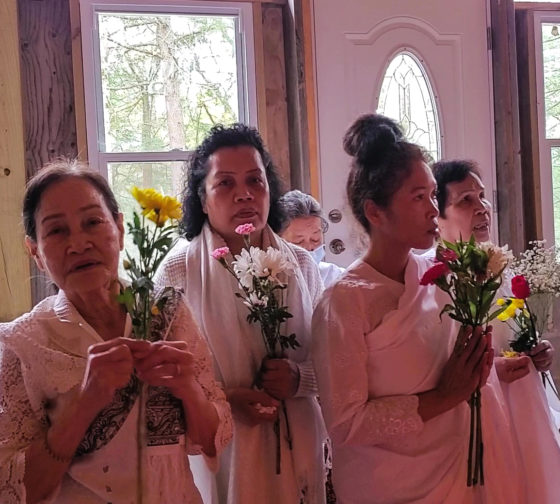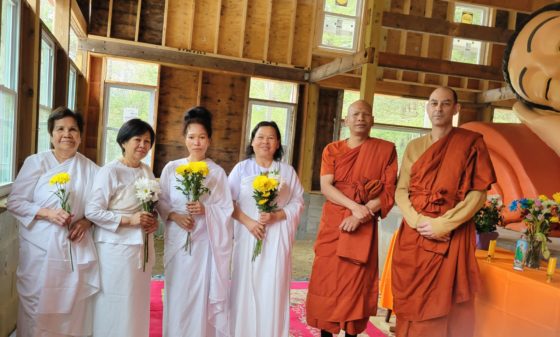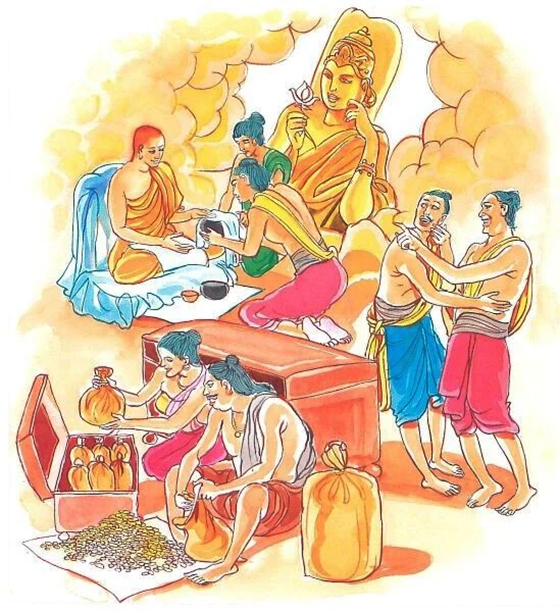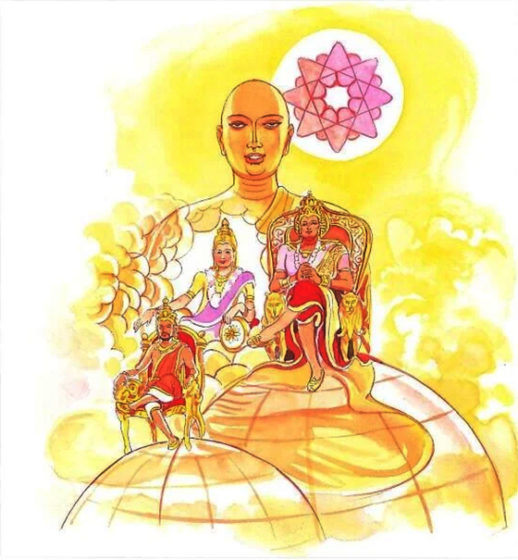
Verse 178: Far better than sovereignty over the earth, or far better than going to the abodes of the devas, or far better than ruling supreme over the entire universe, is (the attainment of) Sotapatti Fruition.
The Story of Kala, son of Anathapindika
While residing at the Jetavana monastery, the Buddha uttered Verse (178) of this book, with reference to Kala, son of Anathapindika, the well renowned rich man of Savatthi.
Kala, son of Anathapindika, always kept away whenever the Buddha and his company of bhikkhus came to their house. Anathapindika was afraid that if his son kept on behaving in this way, he would be reborn in one of the lower worlds (apayas). So, he enticed his son with the promise of money. He promised to give one hundred if the youth consented to go to the monastery and keep sabbath for one day. So, the youth went to the monastery and returned home early the next day, without listening to any religious discourses. His father offered him rice gruel, but instead of taking his food, he first demanded to have the money.
The next day, the father said to his son, “My son, if you learn a stanza of the Text from the Buddha I will give you one thousand on your return.” So, Kala went to the monastery again, and told the Buddha that he wanted to learn something. The Buddha gave him a short stanza to learn by heart; at the same time he willed that the youth would not be able to memorize it. Thus, the youth had to repeat a single stanza many times, but because he had to repeat it so many times, in the end, he came to perceive the full meaning of the Dhamma and attained Sotapatti Fruition. Continue reading →


